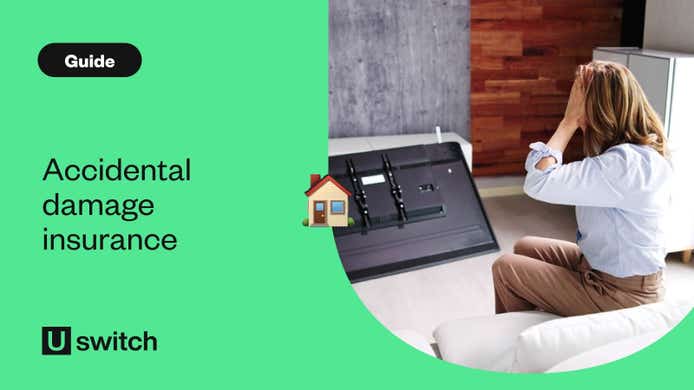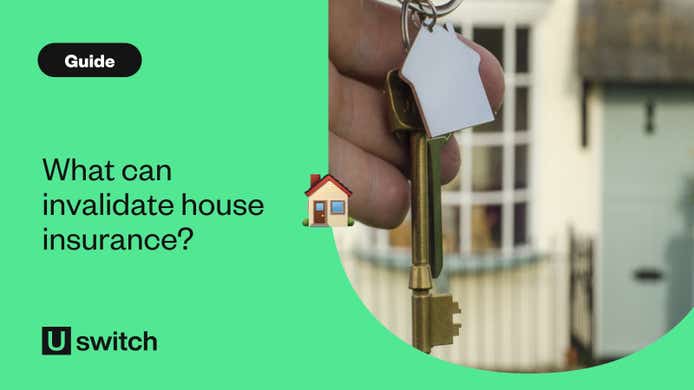What is home emergency cover?
Home emergency cover is an optional insurance policy that gives you access to emergency repairs for sudden issues in your home. It’s not the same as standard home insurance; instead, it focuses on urgent problems that need immediate attention to make your home safe and habitable.
This cover typically pays for a 24/7 call-out service, the cost of labour, and any necessary parts to fix the emergency.
Do you need a home emergency insurance policy?
Whether you need home emergency cover depends on your situation. You might benefit from it if:
- You own your home and want protection from unexpected repair costs.
- You live in an older property where issues might be more likely.
- You want the reassurance of help when things go wrong.
However, if you already have emergency repair services included in your home insurance, or have savings set aside for emergencies, a separate policy might not be necessary.
Renters usually don’t need this type of insurance, as landlords are typically responsible for emergency repairs. That said, landlord insurance is available for property owners who rent out homes.
What does home emergency insurance cover?
Every policy is different, but most home emergency insurance will include cover for:
- Boiler and central heating breakdowns
- Plumbing and drainage issues, such as burst pipes or blocked sinks
- Electrical failures, including power loss due to wiring faults
- Roof damage that causes leaks or water ingress
- Broken locks, doors or windows that affect home security
- Pest infestations, such as rats, wasps, or squirrels inside your home
- Lost keys or being locked out
Some policies also offer help with alternative accommodation if your home becomes uninhabitable due to the emergency.
Does it include boiler and central heating cover?
Yes, boiler breakdown cover and boiler and central heating cover are often included in home emergency policies.
This typically includes:
- Faulty boilers and heating systems
- Thermostat or control failures
- Leaking radiators and pipes
- Gas supply issues
Some policies include a free annual boiler service, particularly in the first year. If your heating system is vital, especially during the colder months this part of the policy can be one of the most valuable.
You can also buy standalone boiler cover, but bundling it with a home emergency policy could save money.
What is not included in home emergency insurance?
Home emergency insurance is for unexpected events. It won’t cover:
- General maintenance
- Problems that existed before the policy began
- Cosmetic damage
- Wear and tear or gradual deterioration
- Issues caused by DIY mistakes or poor workmanship
For cover related to renovations or improvements, check our guide on DIY and building work.
How can I reduce the cost of my home emergency insurance policy?
If you’re looking to keep costs down, here are a few tips:
- Compare quotes from different providers, look at what’s covered, not just the price.
- Bundle policies – some insurers offer discounts when you combine home insurance and emergency cover.
- Increase your excess – choosing a higher voluntary excess can lower your premium.
- Maintain your home – keeping your systems in good condition reduces the chance of emergencies.
- Review your policy regularly – make sure you’re not paying for cover you no longer need.
Also, avoid invalidating your policy by reviewing common home insurance mistakes.
Compare home insurance quotes
See a range of home insurance quotes in just a few minutes when you compare with Uswitch
FAQs
Is home emergency cover worth it?
Home emergency cover is worth it if you want peace of mind knowing you won’t face high, unexpected costs during a household emergency. It offers 24/7 support, fast call-outs, and professional repairs when you need them most.
What is the best home emergency cover in the UK?
The best home emergency cover in the UK depends on your needs. Look for policies that cover boiler breakdowns, electrical faults, and plumbing issues with fast response times. Trusted names include British Gas, HomeServe and your existing home insurer.
How do I compare home emergency insurance?
To compare home emergency insurance, look at what each policy covers, the response times, exclusions, and customer reviews. Be sure to check if boiler cover is included and whether you get an annual service.
Do I need home emergency cover?
You may need home emergency cover if you own your home and want fast, reliable help with urgent issues like heating failure or a burst pipe. If you have savings or your home insurance already offers emergency help, it may not be necessary.





